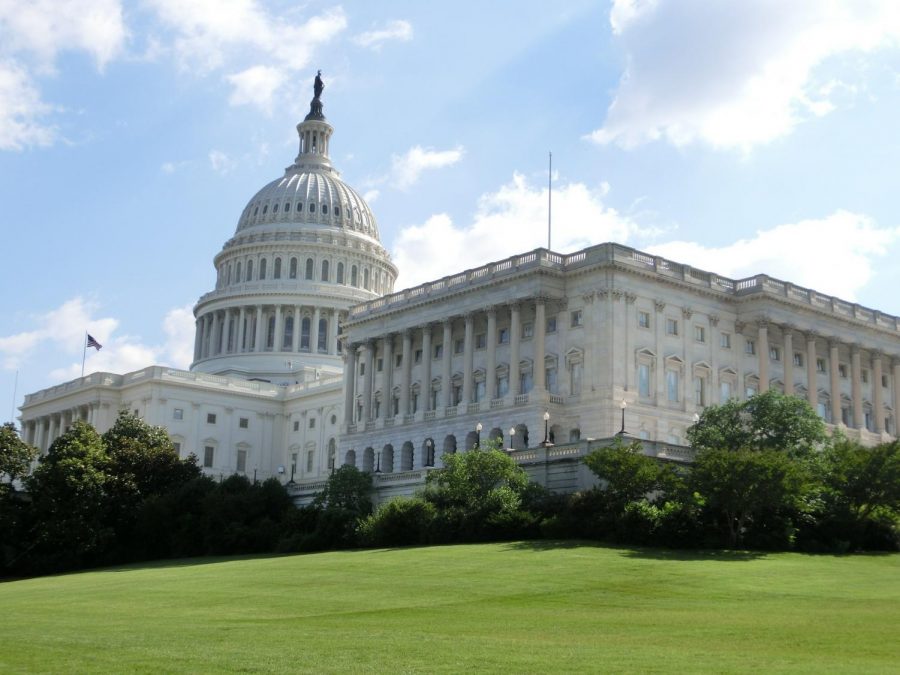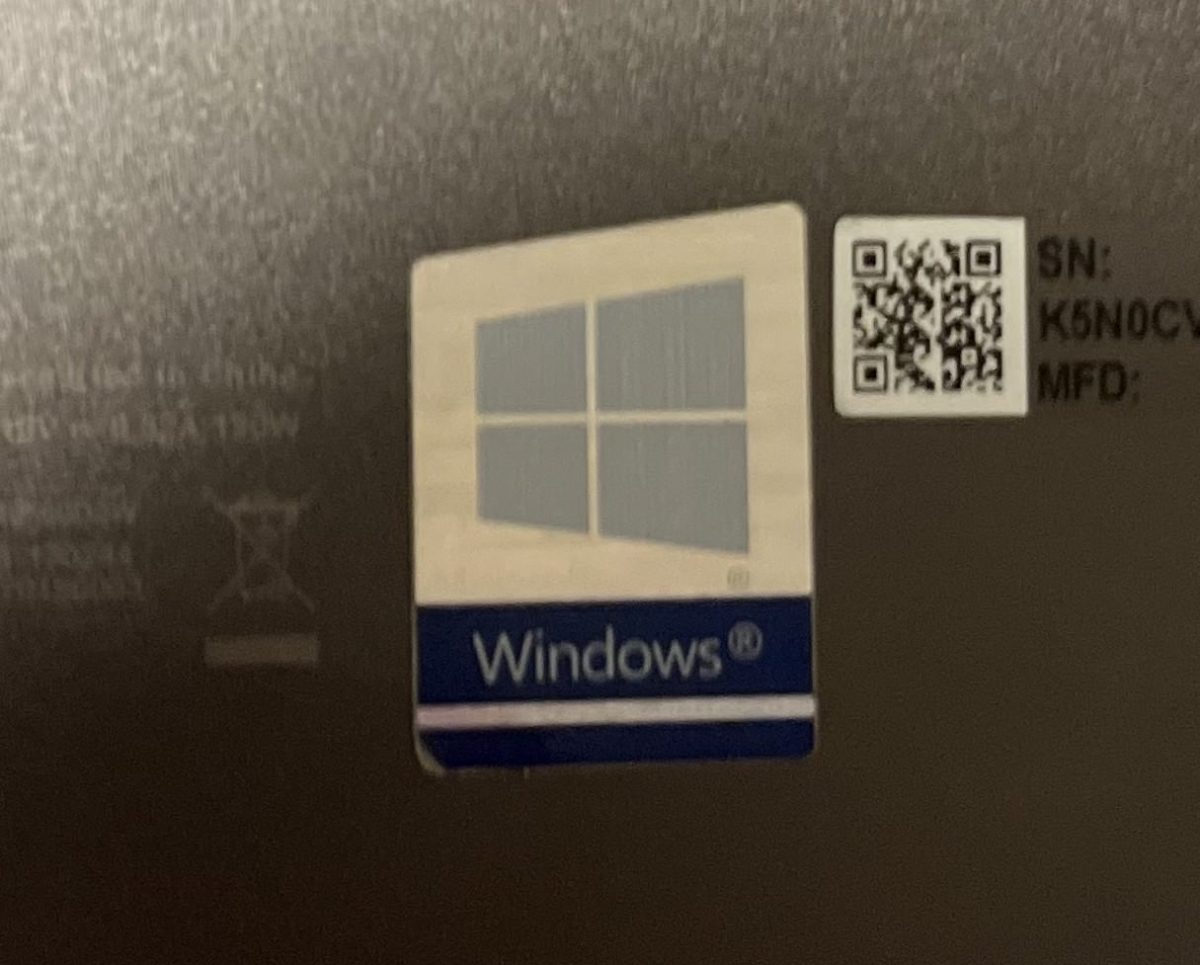Early Saturday morning, the Senate passed a tax overhaul bill 51-49, backed by a powerful Republican coalition with only one Republican — Sen. Bob Corker (R-TN) — voting against it.
Friday afternoon, Republicans had a bill, but it was neither complete nor extensively researched. Shortly before it was to be delivered to be read, the 479-page tax bill went through hand-scrawled amendments in order to garner unilateral party support. Delivered at 7 P.M. on Friday, the bill was then voted on a mere seven hours later. Over the next decade, the estimated cost of the bill is $1.47 trillion.
Saturday morning, the bill was passed.
The bill, referred to as the “Tax Cuts and Jobs Act”, is a massive effort on the GOP’s behalf to overhaul massive aspects of the tax plan, as well as passing certain other non-tax related ventures such as allowing oil drilling in Alaska’s Arctic National Wildlife Refuge and removing the individual health insurance mandate which was enacted by the ACA.
As Senator Jon Tester (D-MT) said in a Twitter video shortly before the vote, “This is unbelievable, we’re doing massive tax reform on an absolute incredible timeline. This is going to affect everybody in this country.”
The main point of the bill is, unsurprisingly, to provide tax cuts on businesses. In an unprecedented move, the top tax rate will shrink from 35 percent to 20 percent starting in 2019. This is aimed at making the United States’ corporate tax rates competitive with foreign markets — at the cost of promoting corporate wishes over citizen needs. Companies will be able to bring back money stored overseas at a 14.5 percent tax rate and the bill will change foreign market dealings so that the main taxable business income is on earnings in the United States, rather than all over the world.
Individual tax bills also received an overhaul, but one that will be far less beneficial in the long-run than the one corporations received. While the 15 percent tax cut for businesses is permanent, the tax breaks most Americans receive while projected to reduce under the bill, the rate reductions are set to expire in 2026. The seven tax brackets that currently exist remain under this new bill, but the rates and thresholds have changed.
Despite its existence as a tax bill, the Senate bill plans to affect the country in much more varied ways, education being a major component. Teachers will be able to deduct twice as much for buying supplies for their classroom. This bill, unlike the proposed House tax bill, will not affect student loan deductions for graduate students. Critically, the bill does impose a “Harvard tax” of 1.4 percent on private college endowments of over $500,000 per student.
A more extensive list and analysis of the entire bill can be seen here.
Many have raised concerns over the feasibility of the bill. Because of the expedited timeline, the bill has not gone through the levels of rigorous examinations that most do. This is worrisome considering the expansive scale the bill wishes to enact change — the largest in three decades. Analysis was additionally not conducted on the final version of the bill that included the written inclusions. The GOP believes that any costs outweigh the positives as any exorbitant costs from the bill will be covered by an increase in jobs and market activity.
“We are going to be saying Merry Christmas again, with a big, beautiful tax cut,” Trump said earlier in the week in response to the bill.
Republicans hope to see the tax plan enacted by Christmas.










